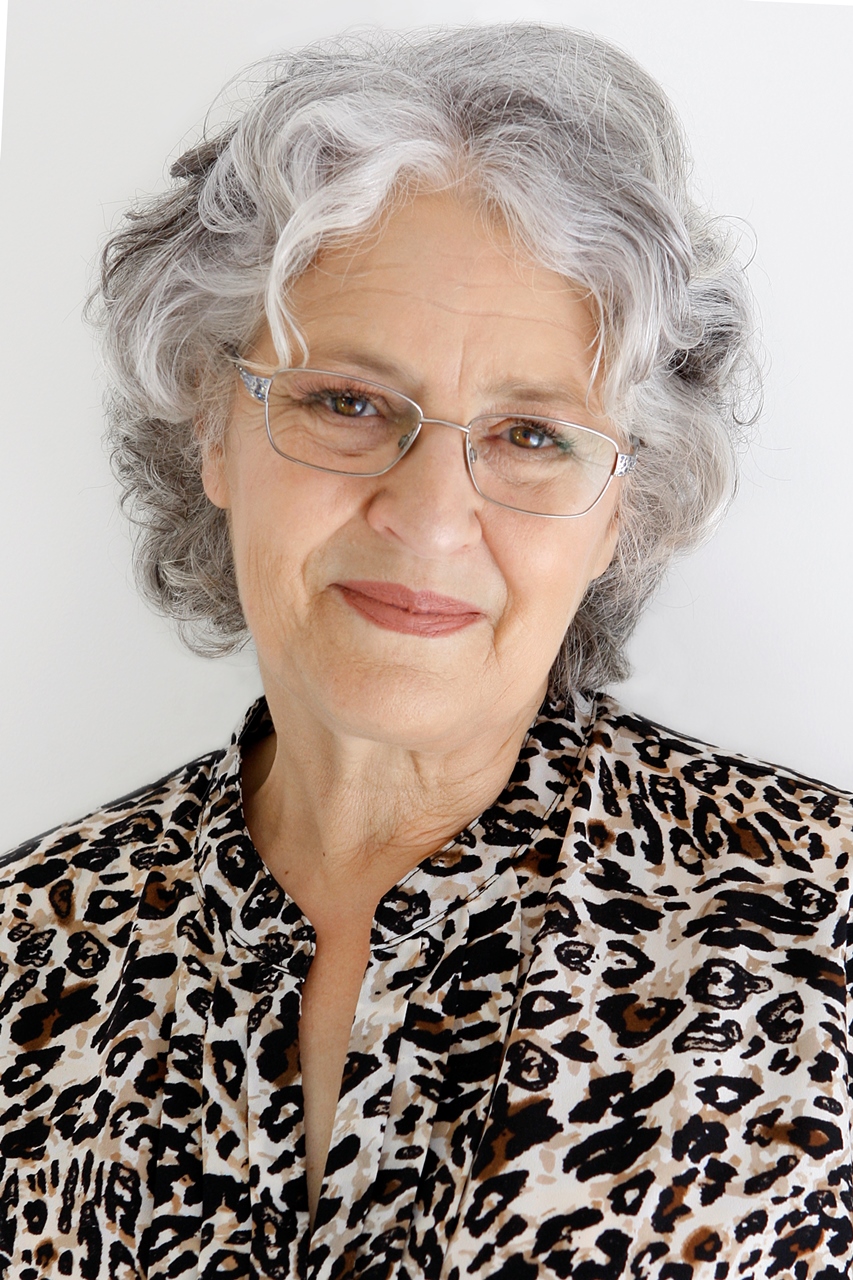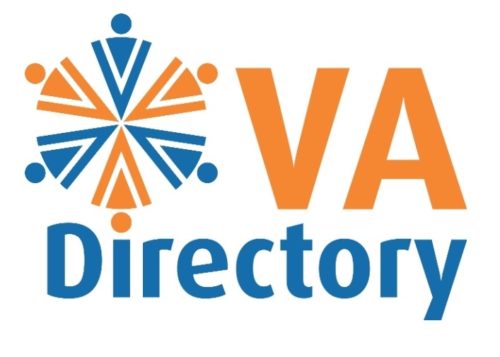I was attending a meeting one evening and it was brought to the attention of the audience from the stage that I run a VA network. I was thrilled and got a number of people asking for my business card afterward and wanting to know more about the services we (VAs) offer.
Then one lady sought me out before I left the room to tell me she had three VAs but it wasn’t working for her and she wondered if she just had the wrong VAs supporting her. Her concern was that all claim they can do everything but she’s fast finding out they can’t and then she looks to put another one on to try and fill the gap, which explained why she now has three. She asked me what she should do?
This is a hard one because it’s a situation she’s allowed to arise and the VAs may be under the perception that all is ok, when in reality it’s not. What will happen is she’ll locate a VA or two who really can do all of what she needs and the others will have lost a client.
It is really important that VAs do not take on work they are not experienced in, or equipped for. Start with what you know to do and know to do it well. Do not take on something because you ‘think’ you can do it – especially if your VA practice is very new. You will get disillusioned quickly and begin to think ‘it’s all too hard’ and it doesn’t have to be, if you are kind to yourself.
Don’t try to be everything to your client, tell them what you can do and help them to find someone to assist in things you can’t do. With the number of VA networks these days, there really isn’t any excuse for a VA not to be a member of at least one network which would provide a ready supply of back-up support when you cannot fulfill a need.
There have been times over the years when I have taken on something I didn’t have experience in but usually that has been after some considerable time with a client and they have learnt what my abilities are and are prepared to allow me time to learn and explore. Such was the case when I began setting up a blog for a client in 2005. I was learning on the job but the client knew that and she specifically asked me to do the research and learning for her as she didn’t want to seek another person to do it. However, that only occurred because I’d already been servicing that same client for several years and we had a good working relationship. There is also a trust factor involved here and that takes time to build. I would not dream of learning to do something for a new client as they would very quickly lose their confidence in my abilities and would assume that I knew nothing at all.
The lady I mentioned above will be contacting me to secure a new VA who does have the skills to match her needs and it’s a shame for her existing VAs but hopefully they’ll be able to work out what they need to do to keep their clients and learn from the experience.
For clients who are worried about this happening to them, the best way to avoid this is to have a clear idea of what you want to get done and don’t assume that one VA is the answer to all your needs. Few VAs can do everything from basic wordprocessing to bookkeeping to desktop publishing to database management. Some will be able to do a combination of some of these things but it would be rare for them to do it all.
It is important to recognise that a lot of VAs specialise in particular skill sets because of their experience and knowledge in those areas and whilst they might explore other avenues on your behalf periodically, for the most part they will concentrate on what they know best and help you to outsource the rest.

Kathie is the former owner of VA Directory and is former past President of the Australian VA Association. She founded the Virtual Assistant industry in Australia in the mid 90s, having already been operating a home-based secretarial service. Today the VA industry covers a multitude of office-based services for clients worldwide.

Melodieann Whiteley says
Great post. I run into this as well. My specialty is site selection and contract negotiation. Yet many times clients will ask me do more full scale meeting planning for them. Sometimes, if it’s something I do know how to do or if it’s a client that I have a good long term relationship with, I’ll try to take care of it. But often I have to say no and refer them to our full-scale meeting planning division. It’s okay when they understand that I just don’t have that expertise, but sometimes the client has left because they thought I could do it all for them. I always tell my clients what my area of expertise is. Thanks for pointing out to me that I still need to be sure that I am not trying to be all things to all clients.
Beverly Mahone says
Kathie,
I run into this same situation in media consulting. Unfortunately, there are some people who try to pass themselves off as being experienced in an area where they really aren’t. That’s why I lalways ask clients to research me in advance so they know what they’re getting. If they’re not comfortable with my level of experience, I encourage them to seek someone else.
Your post is a valuable lesson on why it’s important to know more about the person you’re dealing with.
Kathie Thomas says
Thanks Beverly. I encourage people to do the research too – if they want to know more about my knowledge and expertise. That applies to VAs wanting to join my network but are worried it might be a scam 🙂 Wonderful thing the web these days.
Pop Art Diva says
Being honest up front about what your “specialties” are is a good idea for any business.
I’ve had many people think that just because I’m an artist I can do anything artistic and, while I am quite versatile, that is not the case for me or any other artist!
I suspect the problem arises when the client is not knowledgeable about your particular profession and “assumes”!
Often it is difficult to tell a client exactly what your job is because of the technicalities and specialized education and training involved. Fortunately in my business a picture is worth a thousand words!
Leslie Thomas Flowers says
The guidance in this blog is sound and really a GOLDMINE for all VAs. Worth reading over and over. Repetition after all is the 1st Law of learning.
Consider jotting down a list of your skills, designating each with A, B or C (mastery, very good, average or slightly above), and ordering them from most- to least masterful. Clarity is revealed in ‘seeing’ where you are masterful in your work.
With mastery , competition disappears.
And, there is a plethora of opportunity in this industry — more work than any VA can handle!
Kathie Thomas says
Thank you Leslie for your kind comment. I love this industry very much and want to see many succeed in it. It’s a pleasure maintaining this blog and when I get comments of encouragement like your’s and the others here, it just makes it all the more worthwhile.
Davinci Virtual says
A great article, thanks for posting!
Cindy Opong says
Great post Kathy! It’s extremely important that those looking for a Virtual Assistant interview their potential VA and check in with a few business references before hiring them. This can often shine a light on such over-reaching VAs before the work starts.
Another avenue for clients to consider is working with a Multi-VA company – they will have multiple Virtual Assistants available with many different skills. For instance, I am not a bookkeeper but have a top-notch one on my team who collaborates with the client as needed.
I also know of clients who hire multiple VAs in order to take advantage of their different skills. Your VA should be open to working with any other VAs on your “team” to make sure your needs are met. If they resist collaborating with a “rival” VA then I would run for the hills!
Heidi Caswell says
I once didn’t even know what a VA was, now I know several. It works the same way if someone needs to replace their current VA, they believe all VA’s are the same, with the same skills.
So I ask what do they need their VA to do, before I send them any suggestions.